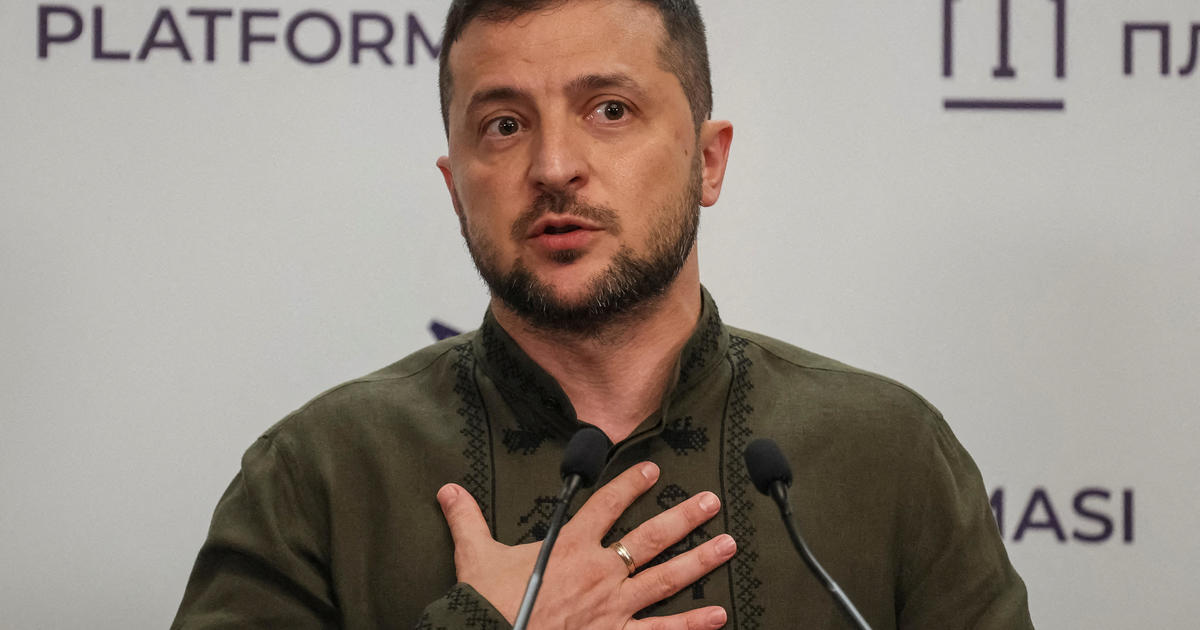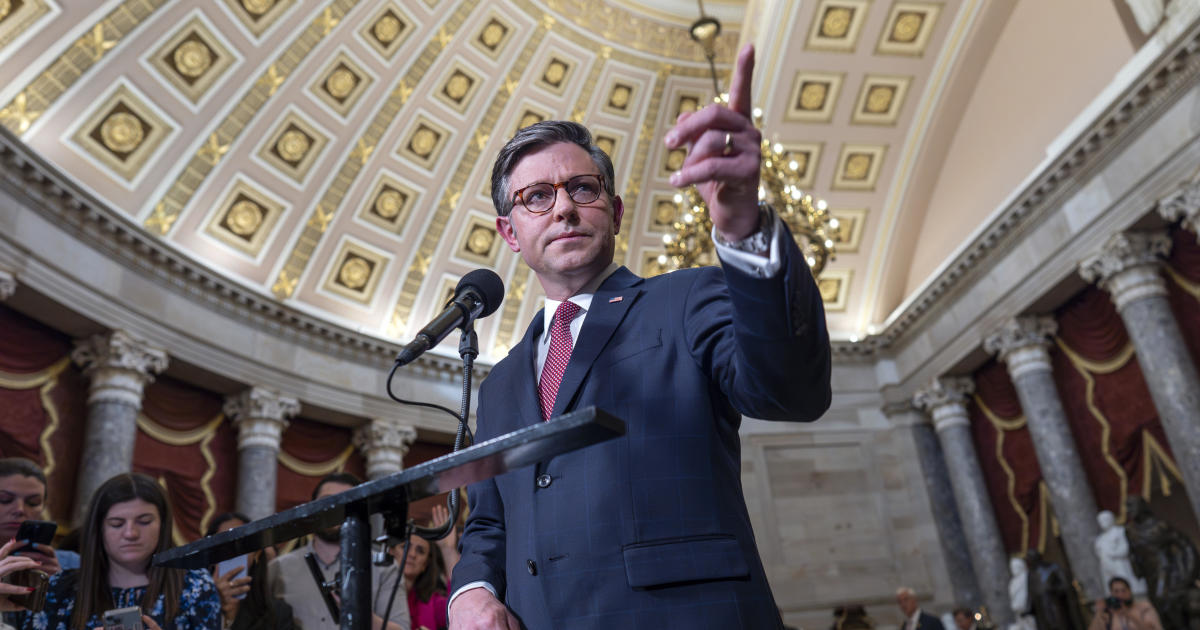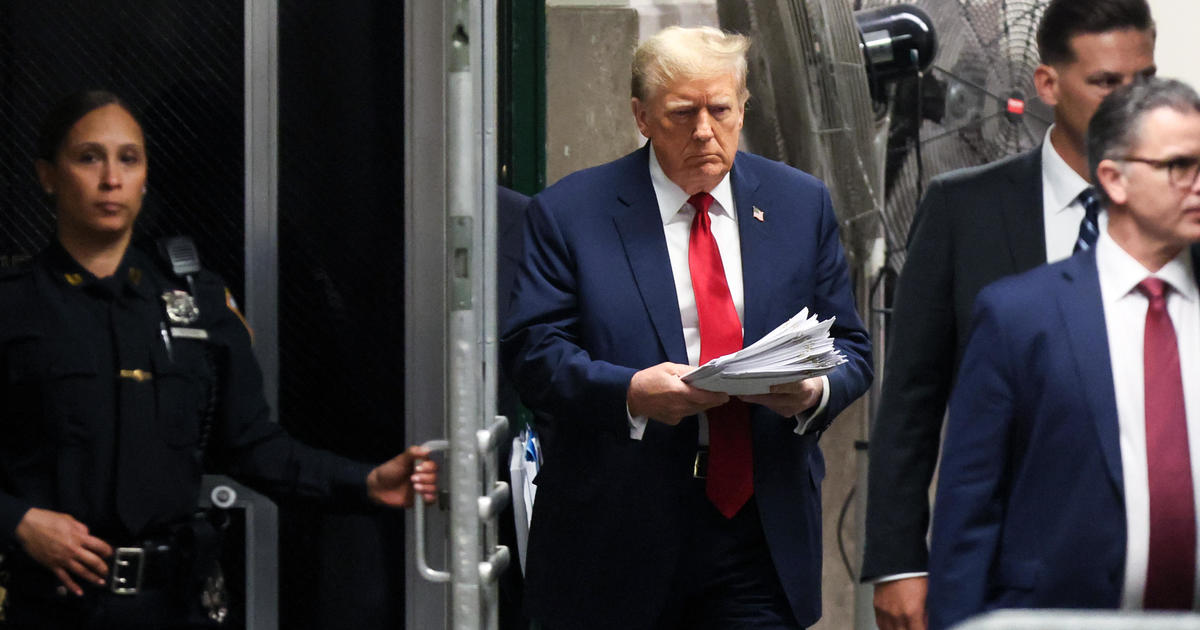Trump budget advocates slashing weapons grants for U.S. allies
One of the highlights of President Trump's first foreign trip so far was the announcement of a landmark $110 billion Saudi arms sale.
That came as the White House pushes a budget proposal that will make it harder and more expensive for countries with smaller defense budgets to buy U.S.-made weapons.
The plan would alter the existing State Department foreign military financing program, which provides weapons buying assistance in the form of grants to dozens of countries. The White House now wants to convert many of those grants into loans -- in other words, those countries would eventually have to pay for those weapons.
But this could create problems for the administration, and long-term US national security interests, for a few reasons. The military assistance program ostensibly helps those countries that help the U.S. with counterterrorism, like Pakistan, Jordan, Egypt and Lebanon. It also allows the US to keep track of specific countries' military capabilities.
Making the weapons more expensive could (and probably will) drive them to do some comparison shopping with China, which would be eager to make the sales.
As a result, the U.S. will not only have lost the sales, but it will have sacrificed the knowledge of the weapons arsenals of these countries, and it could foster more closeness between China and those countries -- and greater distance from the U.S.
The program also includes U.S. military training, which the State Department says provides the U.S. an obvious advantage in on-the-ground partnerships.
An internal State Department memo suggests that the change in financing from grants to loans would likely be a failure because the countries will no longer be incentivized to invest in these American-made weapons. And in many cases, they will simply not have the finds to be able to do so when there is a higher pricetag. It names Pakistan, Columbia, Vietnam, Philippines, Ukraine, Georgia, Morocco and Lebanon as countries which will be affected, among others.
The top recipients of U.S. assistance, Israel, Egypt and Jordan, will maintain their aid commitments for the time being. In 2018 the Trump administration says Israel would still receive $3.1 billion, Egypt would get $1.3 billion and Jordan would receive $350 million.
Most countries, however, if this budget were to be taken up and passed by Congress, would see their aid completely bottom out or significantly drop.
Pakistan would get $100 million in the new 2018 budget, a decrease of more than 100 percent from the 2017 level of $265 million. This decrease would affect Pakistan's navy, army and air force, explained the State Department memo. Specifically, they would have diminished resources to patrol the maritime border where they cut off illicit flow of materials and personnel along the coast. They may also be unable to access assets needed to fight terrorist organizations in the region.
Cuts to grants in Cameroon, Chad and Niger means that they will face challenges backing their efforts to take on the terrorist group, Boko Haram. Lebanon and Morocco would be similarly handicapped in their anti-ISIS and intelligence measures.
Some in the diplomatic corps are deeply concerned about the suggested financing change.
"If you go to zero and tell these countries they cannot come to the U.S. State Department for assistance, they will turn elsewhere. Think China. Think Russia," warned one U.S. government official.
The Trump administration argues that its effort will enable the State Department and the Department of Defense to "maximiz[e] security assistance dollars" and "advance top national security priorities and partnerships."
Defense Secretary James Mattis and Secretary of State Rex Tillerson have created what they're calling a "Security Sector Assistance Steering Committee" that will implement the new weapons assistance financing structure.
It is in fact the Pentagon that would have the lion's share of the authority, though, as the White House imagines it. The president's budget calls for a $54 billion increase in defense spending for 2018, while State would see significant cuts.
There are good reasons for the Defense Department to take the lead in areas such as military training -- Jim Carafano, a Heritage Foundation analyst who advised the Trump transition team, says Defense officials would "love to drive the train" on such State Department projects, and even more.
But other Defense Department veterans don't like the idea of the U.S. military taking the lead on weapons assistance.
"When we provide security assistance to other countries we are essentially manipulating the monopoly on use of force of that other country and that is fundamentally a political act," explained Melissa Dalton, who worked for DOD's Office of the Under Secretary of Defense for Policy from 2007 to 2014.
In other words, because the U.S. uses the weapons assistance to make some countries stronger than others, that constitutes U.S. foreign policy. "It is absolutely essential for the State Department to have the lead on foreign policy. That is constitutionally and congressionally the way that we are set up as a nation."



